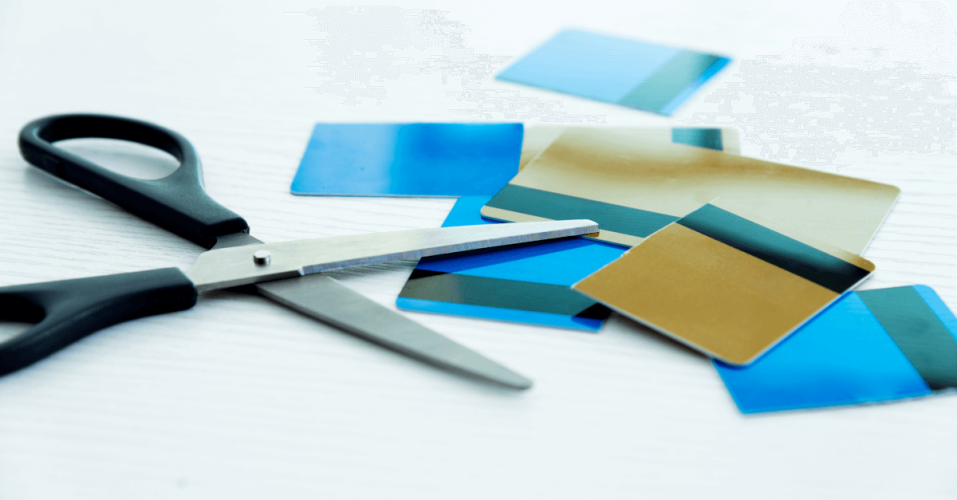Your credit score is a three-digit number that’s calculated based on information in your credit report, and it’s used by potential lenders to determine whether they believe you’d be a good credit risk. If you’ve recently found out your credit score and realized it’s not a good score, it’s time to sit down and think about how to fix a “bad” credit score.
What Credit Score is Considered “Bad”?
Your FICO score is one of the credit scores used most often to determine if you’re deemed creditworthy. This score ranges between 300 and 850. Different lenders have different opinions of what would be considered a bad score. Usually, a score between 580 and 669 is considered fair and a score of 579 or less is considered poor.
Your credit score may be bad because of past credit problems such as accounts that ended up in collections. While you can’t undo the damage overnight, you can start taking steps to be more responsible with borrowed money.
Steps to Take to Fix a Bad Credit Score
Fixing a bad credit score takes time, but it can be done. Steps you should take to improve your credit score include:
- Check your credit report to make sure everything on it is accurate.
- If any payments are past due, focus on catching up.
- Once bills are current, continue to pay what’s due every month on time.
- Reduce your credit utilization rate, which is the amount you owe on revolving accounts compared to how much you have available to borrow.
- Avoid borrowing more or applying for new credit.
Since one of the factors used in calculating your credit score is the age of your accounts and it takes time to rebuild and maintain good credit, keep old accounts open to help show a longer history on your credit report. Keep all of your accounts in good standing moving forward by keeping your credit utilization below 30% and make sure you pay your bills on time.
What if There are Errors on Your Credit Report?
Your credit score can be impacted by errors that may be on your credit report. If accounts that were paid on time are showing up as delinquent, it’s hurting your credit score. You could also find accounts that are closed reporting as open, incorrect balances, or accounts reporting more than once.
Worst of all, you could find out that you’ve been a victim of credit card fraud or identity theft. If you find items on your credit report that don’t belong to you, file a dispute immediately.
Fixing Errors on Your Credit Report
When you file disputes regarding inaccurate items, the credit bureau has 30 days to research your dispute and make a decision. If their investigation agrees with your dispute, your score will be adjusted.
The easiest way to correct any inaccuracies on your credit report is to enroll in Dovly’s AI credit engine. It does the hard work for you! We will notify you of any changes to your credit profile with our built in credit monitoring tool. Try it risk-free with our free membership tier.



